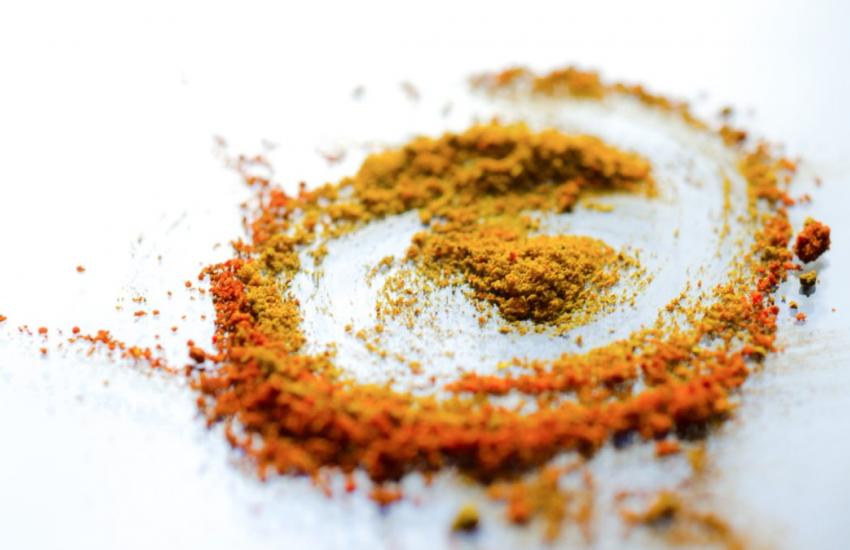Is Your Company an Unknowing Accomplice to Food Fraud?
Let’s say you’re working with a supplier to buy curry powder for your famous curry chicken wrap. This supplier might be adulterating their curry powder. They may be bulking it up with cornmeal powder as a means of reducing their costs and increasing their profits.
You didn’t know that the curry powder was tainted with cornmeal powder, but by purchasing it and including it in your product, you’ve become an unknowing accomplice to food fraud.
How did this happen?
The Institute of Food Technologists defines Food Fraud as encompassing “the deliberate and intentional substitution, addition, tampering or misrepresentation of food, food ingredients or food packaging for economic gain.” It also covers false or misleading statements made about a food product.
Are there any repercussions? There are; participation in food fraud can lead to product recalls, reduced consumer trust in your brand and serious financial loss. It gets worse; there have been cases of food fraud that have resulted in consumer illness and death. In 2008, there were several deaths that resulted from the fraudulent use of toxic puffer fish.
Food fraud often happens with spices, juices, fish, olive oil, milk or honey.
How Can Food Fraud be Prevented?
Your organisation may need to develop a multidisciplinary team to assess potential risks and vulnerabilities. Depending on the size of your organisation and the extent of your risk, you may need to develop a food fraud programme to protect your company against risks, train and empower your staff, and secure the reputation of your brand.
Contact us to learn how you can train your staff on food fraud or schedule a vulnerability assessment.

